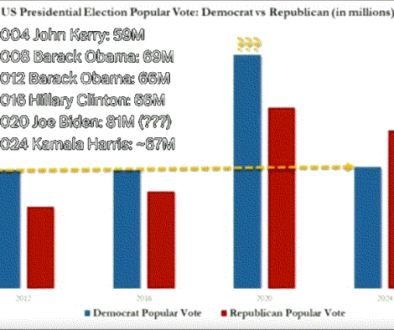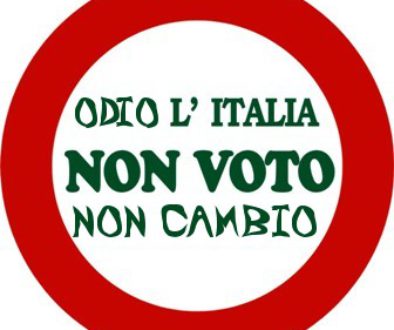The syndrome of the “I didn't invent it”
 There is a syndrome “I didn't invent it” (in English “Not Invented Here”) it is that phenomenon for which one refuses to use ready-made solutions, as well as the products, research, best practices and knowledge, only because they were produced by others or because they have a cost to be adopted. E’ a cultural attitude or a philosophy which often finds himself at the social level, corporate and institutional.
There is a syndrome “I didn't invent it” (in English “Not Invented Here”) it is that phenomenon for which one refuses to use ready-made solutions, as well as the products, research, best practices and knowledge, only because they were produced by others or because they have a cost to be adopted. E’ a cultural attitude or a philosophy which often finds himself at the social level, corporate and institutional.
The reasons for which these institutions do not want to use the work of others are various, I didn't invent it, the will not to value the work of others by acknowledging its merits, or because one is in progress “war” for power or control of territory or resources disputes (in English “turf war”).
The phenomenon of “I didn't invent it” it can spread to the whole society which ends up rejecting ideas and solutions just because they come from another culture or nation, and it is in this case a deviation from nationalism.
I didn't invent it “I didn't invent it” consists of the uncritical predisposition to theI didn't invent it (I didn't invent it “proudly found elsewhere” ) , in Italian “esterofilia” .
I loosely translated the text of the NIH from English Wikipedia because they are phenomena today on the agenda. specialmente in politics syndrome “I didn't invent it” it is widespread since each party seeks a way to distinguish itself from the others, and therefore vetoes the proposals of others precisely because they are different from those of the party. Since this way of acting is typical of the oppositions, precisely because they contend for power (TUF war), a stalemate and immobilism ensue, and this is inherent in each party's desire to come to power. This shows that in the long run all parties are not functional to a complex society, and tend to lead to total paralysis, to the detriment of citizens. E’ a lesson that the Republic of Venice had learned in 1200, when all the free commons ended up losing their liberties to factional warfare. Venice solved the problem by banning all parties and even electoral advertising, sanctioning the principle that it is the office that seeks the person and not the person who seeks the office.
As long as we do not understand …… good bankruptcy at all.





